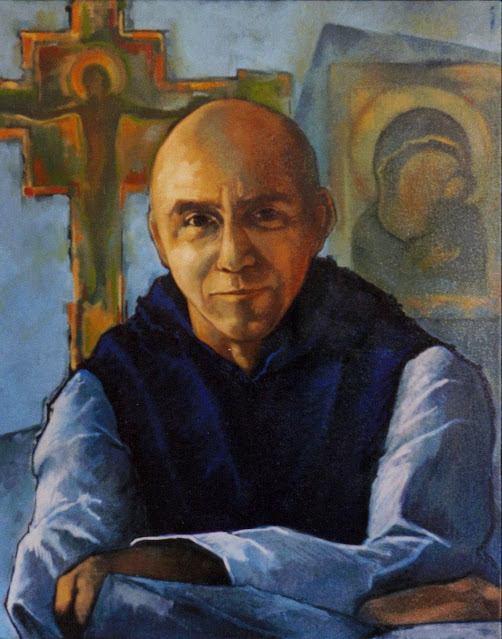 |
| Harlan Hubbard Woodcut, “Lee’s Landing in the Snow”, Xmas Card 1953 |
He wanted to drift on the river not so much to see where it went
as to be one with it, to go with it as virtually a part of it.
He wished perhaps to live out a kind of parable.
One cannot drift by intention –
or at least, in intending to drift and in drifting,
one must accept a severe limitation upon one’s intentions.
But in giving oneself to the currents,
in thus subordinating one’s intentions,
one becomes eligible for unintended goods,
unwished-for gifts –
and often these goods and gifts surpass
those that one has intended or wished for.
And so a drifter subscribes necessarily to a kind of faith
that is identical both to the absolute trust of migrating birds
and to the scripture that bids us to lose our lives in order to find them.
Harlan stated it in 1932 with characteristic simplicity:
“I believe that whatever we need is at hand.”
– Wendell Berry, from Harlan Hubbard – Life and Work
___
The apocalyptic word is “Come!”
The Spirit and the bride say, “Come!” And let him who hears say, “Come!” Whoever is thirsty, let him come; and whoever wishes, let him take the free gift of the water of life."
REVELATION 22:17 (NIV)
I come into solitude to die and love. I come here to be created by the Spirit in Christ. I am called here to grow. "Death" is a critical point of growth, or transition to a new mode of being; to a maturity and fruitfulness that I do not know (they are in Christ and in His Kingdom). The child in the womb does not know what will come after birth. He must be born in order to live. I am here to face death as my birth.
This solitude-a refuge under His wings, a place to hide myself in His Name, therefore, a sanctuary where the grace of Baptism remains a conscious, living, active reality valid not only for me but for the whole Church. Here, planted as a seed in the cosmos, I will be a Christ seed, and bring fruit for other men. Death and rising in Christ.
Thomas Merton. Dancing in the Water of Life. Journals, Volume 5. Robert E. Daggy, editor. San Francisco: HarperSanFrancisco, 1997: 333-334.
I need to be "confirmed" in my vocation by the Spirit... This ordains me to be the person I am and to have the particular place and function I have, to be myself in the sense of choosing to tend toward what God wants me to be, and to orient my whole life to being the person He loves.
Dancing in the Water of Life: 334
___




